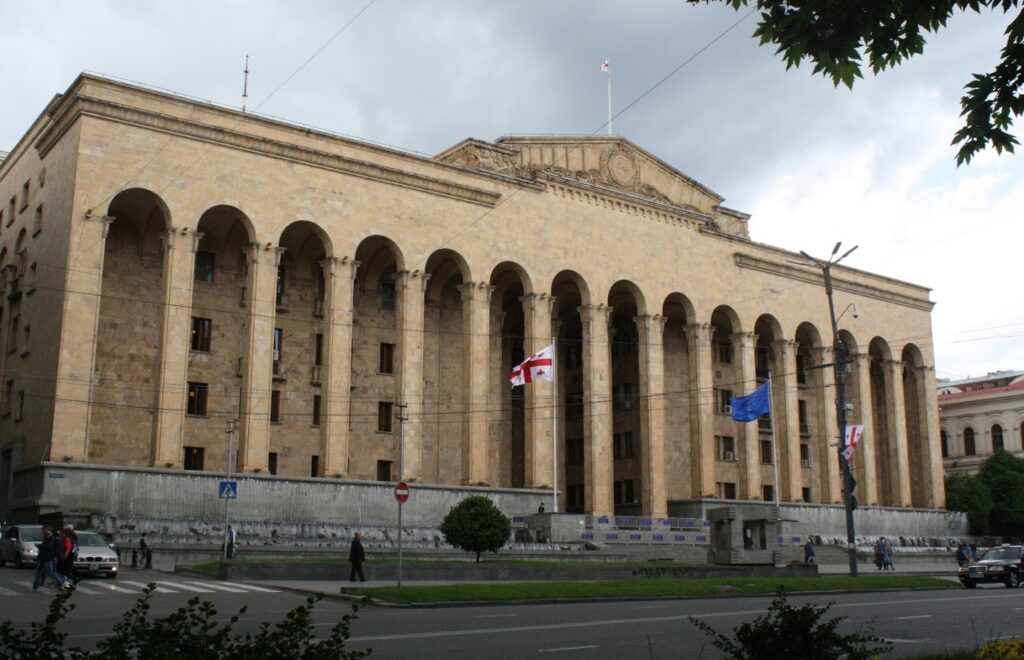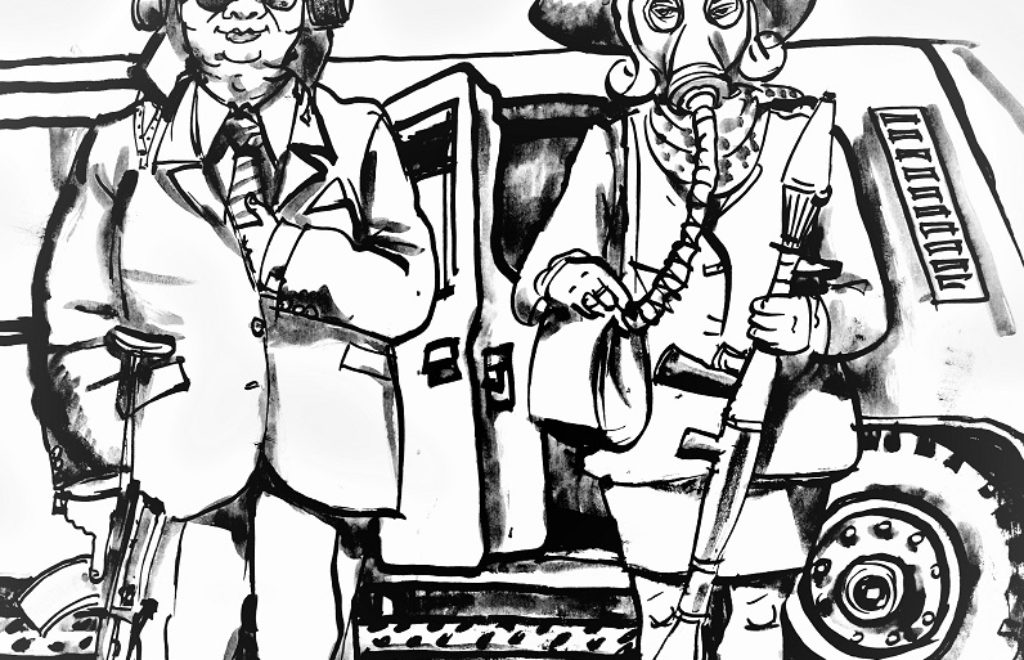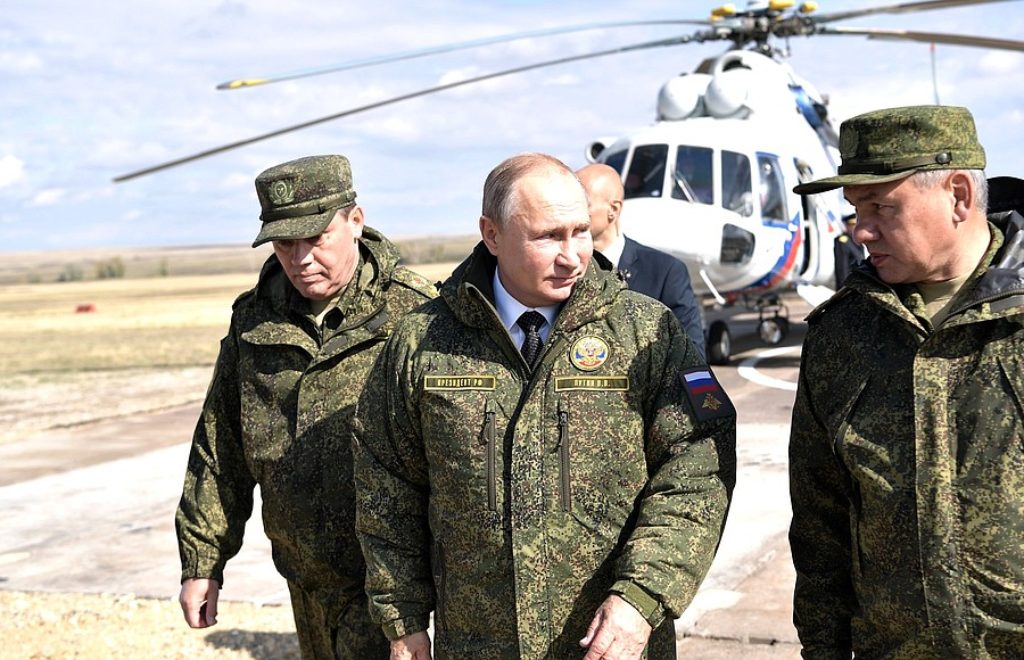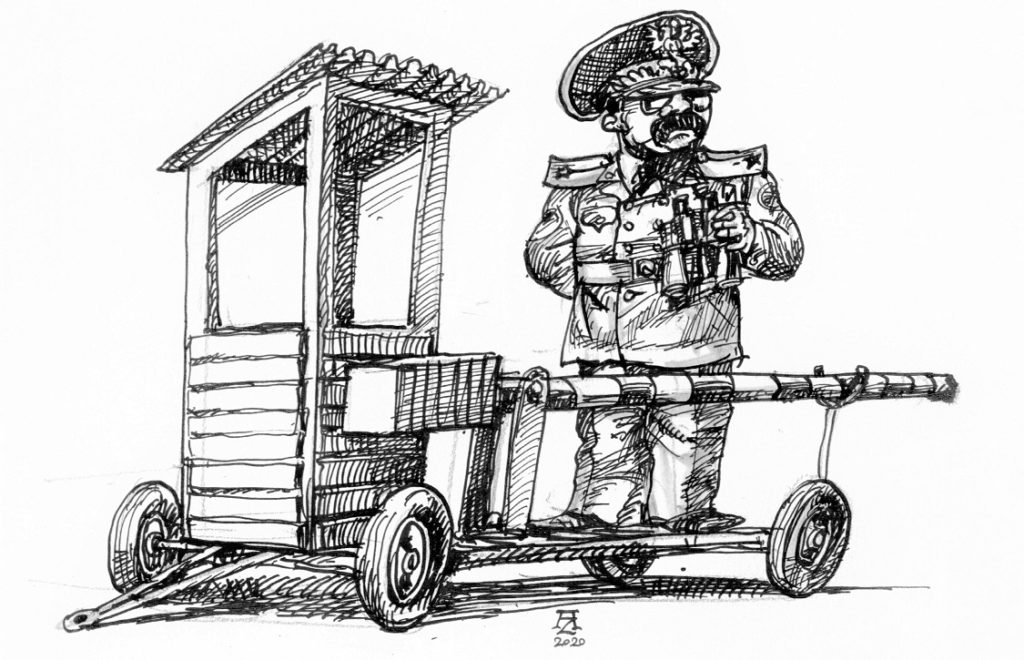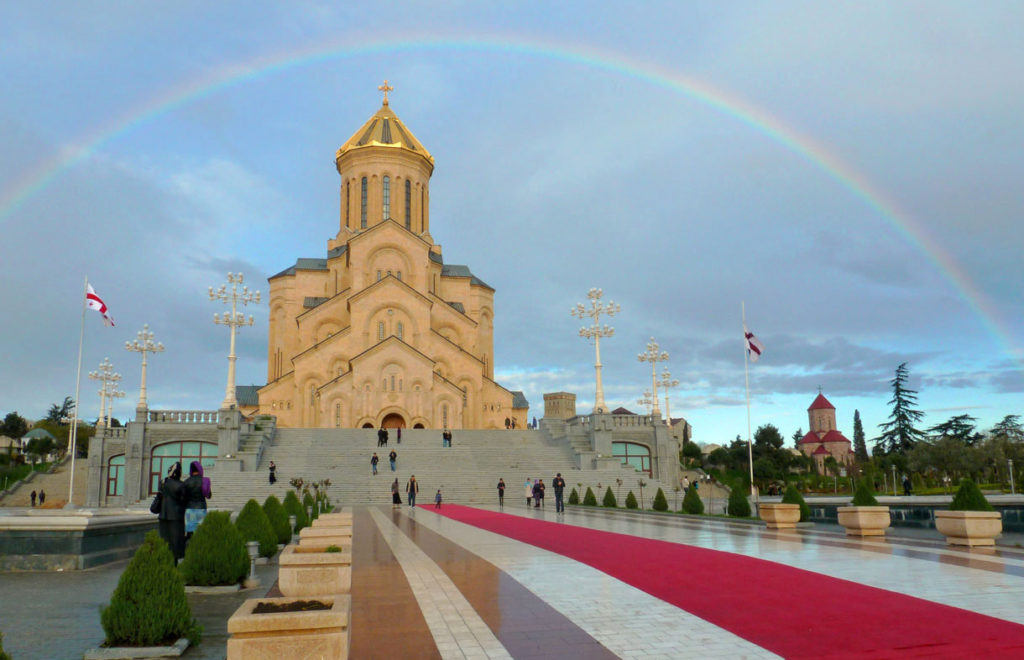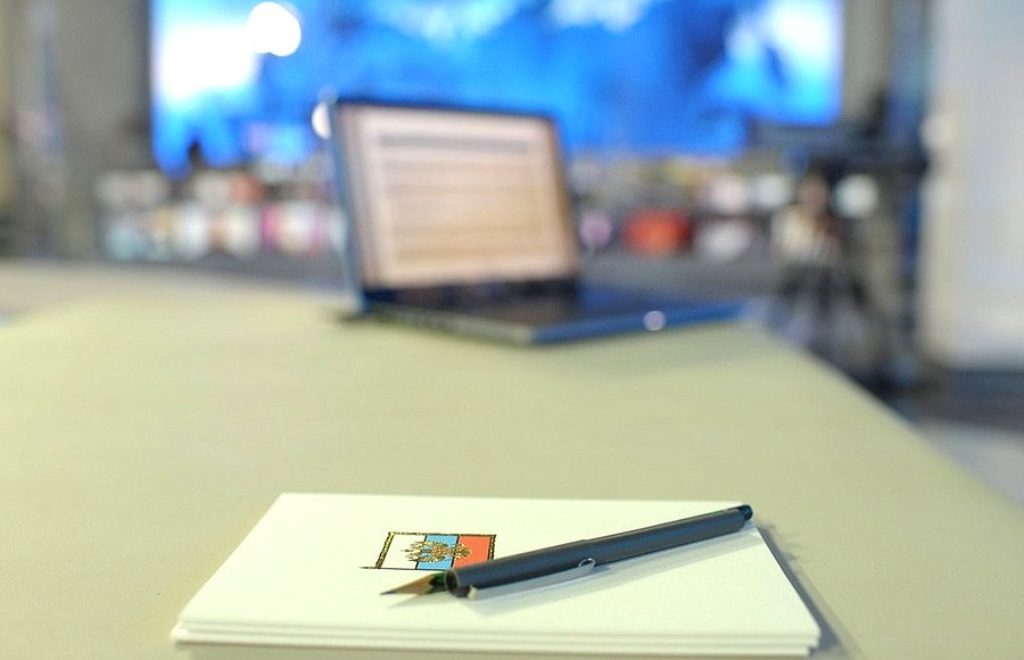Georgia and the EU need to stay focused on integration
“Georgia has one of the highest EU support in the world,” said EU Ambassador Carl Hartzell in interview for Georgian TV Formula’s “Droeba” programme. The ambassador added that: “About 250 million euros have been allocated for Georgia in the form of grants. These are new grants and new funding. If we talk about rough numbers, the European Union will allocate about 1.5 billion Georgian lari [nearly 415,000 euros] for Georgia”. It has been eleven years since the Eastern Partnership Programme, suggested by Poland and Sweden, was launched. Georgia, as one of the beneficiaries and one of the leaders of the Eastern Partnership programme, showcases more ambition and put great effort towards its European integration. Today, the Eastern Partnership faces new challenges: What will its future be and what will be the new steps in the process of EU integration for these countries? Any decision regarding future challenges remain very important for Georgia.
September 4, 2020 - Nugzar Kokhreidze


